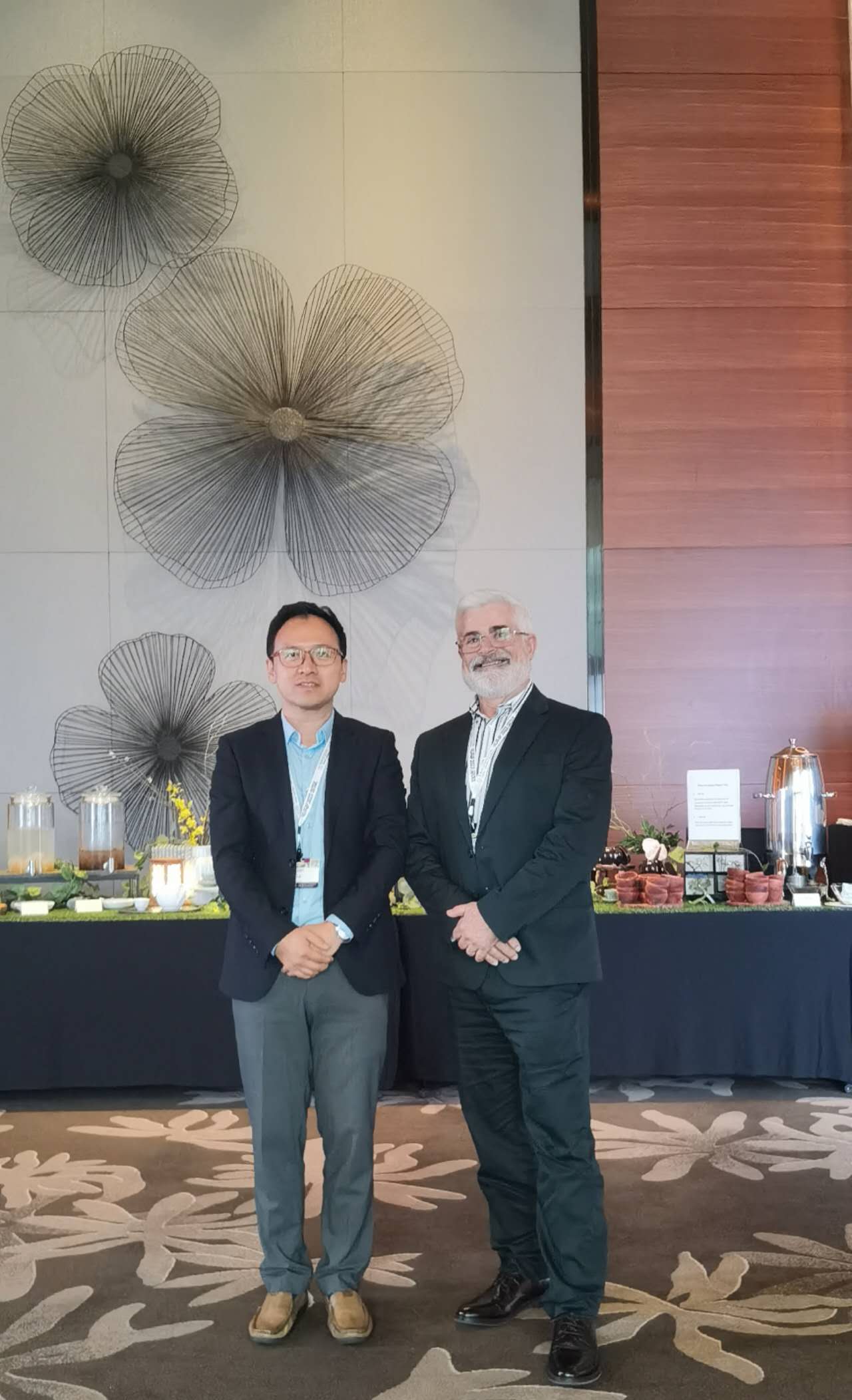In an exclusive interview with 2FIRSTS at the GTNF forum in Seoul, Tom Beaudet, CEO of Accorto Regulatory Solutions, a regulatory consulting company specializing in preparing and submitting FDA applications, opened up about the challenges and prospects surrounding the PMTA (Premarket Tobacco Product Applications) process, especially for flavored products.

Representing Accorto Regulatory Solutions, a firm that has been pivotal in helping small to medium-sized businesses bring FDA-regulated products to the market, Beaudet highlighted their extensive work in tobacco nicotine products, medical devices, and other pharmaceutical product sectors.
Beginning their engagement with the PMTA process in 2018, Accorto Regulatory Solutions prepared for the inaugural round of PMTA applications in 2020. "We've submitted applications on behalf of 10 different firms, many from Shenzhen, and all are still under FDA review. Subsequently, we've represented approximately 15 more companies, with over 1,000 product applications awaiting final review," Beaudet said.
Addressing the primary challenges e-cigarette companies face during the PMTA application process, Beaudet stated the foremost obstacle is obtaining approval for flavored products.
"Brian King clarified in his speech this afternoon that the FDA hasn't banned flavors. They are awaiting scientific data that demonstrates the efficacy of flavored products for adult smokers over tobacco and that this demand outweighs the risks to underage users," he explained.
Having recently completed the initial round of queue studies, Beaudet confidently stated, "The scientific data clearly indicates that adult smokers can effectively reduce or quit smoking with flavored e-cigarettes, an outcome not seen with tobacco-flavored ones."
Additionally, collaboration is underway with a company boasting a technology for disposable devices that restricts access to minors. Beaudet believes the chances of market approval are high, provided they present long-term cooperative research applications integrating these innovations.
However, Beaudet expressed concerns about firms seeking PMTA to momentarily dodge FDA oversight and advocated for a more long-term vision. Detailing the two-phase approach to PMTA, he noted the three-month initial phase that culminates in an approval letter and PMTA code from the FDA. The subsequent phase revolves around comprehensive scientific research, data submission, and eventual FDA product review.
Reiterating Dr. King's sentiments, Beaudet emphasized, "The FDA acknowledges e-cigarette products are safer than smoking. The challenge remains with flavored products, and companies are expected to furnish relevant scientific data to support their efficacy for adult smokers."
Concluding the discussion, Beaudet expressed optimism, "The FDA's willingness to approve flavored products is encouraging. However, thorough scientific research is crucial." He is looking forward to providing the FDA with such evidence.


